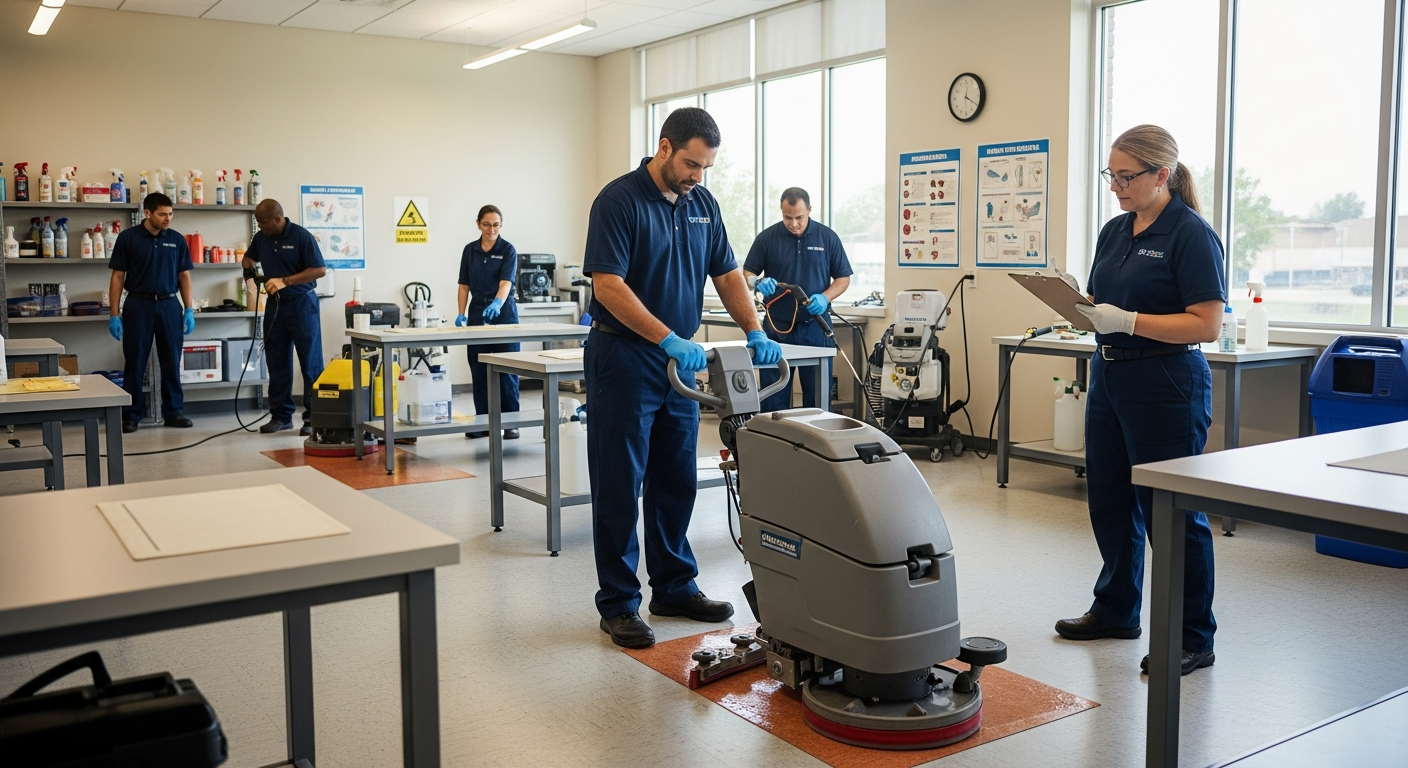Discover if You Qualify for Medicare Meal Delivery and What's on the Menu
Medicare meal delivery programs can provide essential nutritional support for eligible beneficiaries facing challenges with meal preparation. These services help seniors and individuals with specific health conditions maintain proper nutrition at home. Understanding the qualification criteria, available menu options, and how these programs work is crucial for those who may benefit from this valuable resource.

Understanding Medicare Meal Delivery Eligibility
Medicare meal delivery services are not automatically available to all beneficiaries. Qualification typically depends on medical necessity and specific health conditions. Generally, individuals must have a documented medical condition that limits their ability to prepare meals independently, such as recovery from surgery, chronic illness, or mobility limitations. Medicare Advantage plans may offer meal delivery as a supplemental benefit, while Original Medicare typically covers these services only when part of a home health care plan prescribed by a physician.
To qualify, beneficiaries usually need a doctor’s order stating that meal delivery is medically necessary. Conditions that may warrant this service include post-hospitalization recovery, diabetes requiring dietary management, congestive heart failure, chronic obstructive pulmonary disease, or other conditions where proper nutrition is critical to health outcomes. Some Medicare Advantage plans have expanded eligibility criteria, offering meals as a preventive benefit to reduce hospital readmissions and improve overall health.
Exploring Menu Choices for Healthier Living
Medicare-approved meal delivery programs offer diverse menu options designed to meet various dietary needs and health conditions. Most providers create meals tailored to specific medical requirements, including low-sodium options for heart health, diabetic-friendly meals with controlled carbohydrates, renal diets for kidney disease management, and pureed or soft foods for individuals with swallowing difficulties.
Typical menu selections include balanced entrees featuring lean proteins, whole grains, and vegetables. Breakfast options might include oatmeal, egg dishes, or whole-grain cereals, while lunch and dinner selections often feature chicken, fish, turkey, or plant-based proteins accompanied by nutritious sides. Many programs rotate menus weekly to provide variety and prevent meal fatigue. Cultural preferences and food allergies are often accommodated, ensuring that meals are both medically appropriate and enjoyable.
Benefits Beyond the Plate
Medicare meal delivery services provide advantages that extend far beyond basic nutrition. These programs help prevent malnutrition, a common issue among seniors living independently, which can lead to weakened immune systems, slower wound healing, and increased hospitalization rates. Regular meal delivery ensures consistent caloric and nutrient intake, supporting better health outcomes.
Additionally, meal delivery reduces the physical demands of grocery shopping and cooking, which can be challenging for individuals with limited mobility or chronic fatigue. The service provides peace of mind for family members who worry about their loved ones eating properly. Regular delivery also offers a wellness check component, as drivers often report concerns if recipients appear unwell or do not answer the door, providing an extra layer of safety monitoring.
Understanding Service Providers and Cost Considerations
Several established providers deliver Medicare-approved meal services across the United States. While coverage varies by plan, understanding typical costs helps beneficiaries prepare financially. Medicare Advantage plans may cover meals fully or partially, while those with Original Medicare might face out-of-pocket expenses unless meals are part of a covered home health benefit.
| Provider Name | Services Offered | Coverage Type | Estimated Cost Range |
|---|---|---|---|
| Mom’s Meals | Condition-specific meals, nationwide delivery | Medicare Advantage supplemental benefit | $0-$7 per meal depending on plan |
| Magic Kitchen | Specialized diet meals, frozen delivery | Private pay or partial coverage | $8-$12 per meal |
| Meals on Wheels | Community-based hot meal delivery | Sliding scale, donations accepted | $0-$10 per meal based on income |
| Silver Cuisine | Senior-focused nutrition, dietitian-designed | Private pay or insurance reimbursement | $9-$11 per meal |
Prices, rates, or cost estimates mentioned in this article are based on the latest available information but may change over time. Independent research is advised before making financial decisions.
Debunking Common Myths
Several misconceptions surround Medicare meal delivery that can prevent eligible individuals from accessing these services. One common myth is that meal delivery is only for people who are completely homebound. In reality, anyone with a medical condition affecting their ability to prepare nutritious meals may qualify, even if they can leave home for medical appointments.
Another misconception is that Medicare meal programs only offer bland, unappetizing food. Modern meal delivery services prioritize taste and variety, employing professional chefs and dietitians to create flavorful, restaurant-quality meals that meet medical dietary requirements. Additionally, some believe that accepting meal delivery means losing independence, when in fact, it often helps individuals remain in their homes longer by supporting their nutritional needs without requiring institutional care.
FAQs: Your Key Queries Answered
How many meals can I receive through Medicare meal delivery? The number of meals varies by plan and medical necessity. Some programs provide 7-14 meals weekly, while post-hospitalization programs might offer meals for 1-2 weeks during recovery.
Do I need to be home for delivery? Most services deliver frozen meals that can be stored, eliminating the need to be home at delivery time. Hot meal programs like Meals on Wheels typically require someone to receive the delivery.
Can I choose my meals? Many providers offer menu selection within dietary parameters, allowing beneficiaries to choose from available options that meet their medical requirements.
How do I apply for Medicare meal delivery? Contact your Medicare Advantage plan to inquire about meal benefits, or ask your physician about including meal delivery in your home health care plan if you have Original Medicare.
Moving Forward with Nutritional Support
Medicare meal delivery programs represent a valuable resource for beneficiaries who need nutritional support due to health conditions or recovery needs. By understanding eligibility requirements, exploring available menu options, and recognizing the broader health benefits, eligible individuals can make informed decisions about incorporating these services into their care plans. Consulting with healthcare providers and insurance representatives helps clarify coverage details and ensures access to appropriate meal delivery services that support long-term health and independence.
This article is for informational purposes only and should not be considered medical advice. Please consult a qualified healthcare professional for personalized guidance and treatment.




